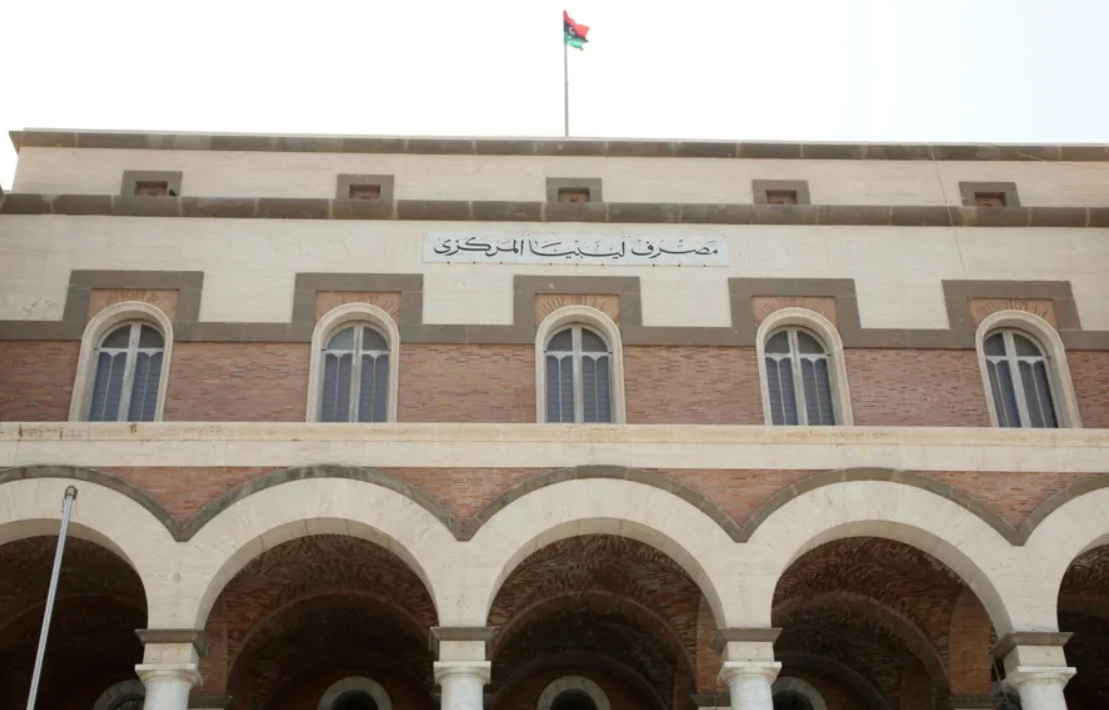The kidnapping of a senior official has caused Libya’s central bank to suspend all operations.
Following the kidnapping of a senior official in Tripoli, the capital of Libya, the Central Bank abruptly halted all activities. This action further emphasizes the country’s continuous volatility, demonstrating the continuous difficulties encountered by institutions against the background of political unrest.
The Incident of the Kidnapping
Unknown assailants stormed the home of Musab Msallem, Libya’s director of information technology at the Central Bank of Libya, early on a Sunday morning. The instant suspension of the bank’s operations was a direct result of the shockwaves caused by this bold act. The Central Bank denounced the kidnapping in an official statement, which also stated that activities would be paused until Mr. Msallem is released safely. There is a growing feeling of insecurity at the bank when it was disclosed that other staff have also received threats.
Libya and the Central Bank
In Libya’s economic structure, the Central Bank plays a significant role. This bank is crucial to Libya’s economy because it is the only globally recognized repository for the country’s oil profits. The economy of Libya, which is fragmented between the opposing administrations in Tripoli and Benghazi, is highly dependent on oil earnings. There may be far-reaching consequences for the country’s financial stability and the ongoing political turmoil if the bank’s operations are suspended.
New Security Vulnerabilities and Conflicts
This follows a disturbing event that occurred only a week ago, when the Central Bank was allegedly besieged by masked individuals. The armed attackers’ stated goal, according to AFP, was to have Seddik al-Kabir, the bank’s governor, quit. Critics have criticized Libya’s oil resources and the state budget under Governor Kabir, who has been in office since 2012 and is a divisive figure. As a whole, Libya’s security situation is problematic, and these attacks are only a microcosm of that problem.
The Prolonged Political and Security Crisis in Libya
Chronic instability has beset Libya since the uprising and subsequent murder of former leader Muammar Gaddafi in 2011. The country is presently divided between two rival administrations, following a protracted period of anarchy caused by the power vacuum that Gaddafi’s downfall left behind. A government in the east supported by military leader General Khalifa Haftar is at odds with the UN-recognized administration in Tripoli. With the country’s security problems worsened as a result of this separation, the Central Bank and all other institutions are struggling to function properly.
Future of Libya and Its Consequences
The instability of Libya’s institutions is highlighted by the abduction of Musab Msallem and the persistent threats directed towards workers of the Central Bank. Such events highlight the difficulties encountered by individuals attempting to uphold functional order in a context where anarchy frequently reigns, especially given the country’s continued division and instability. In response to a particular occurrence, the Central Bank has decided to suspend operations; this action reflects the larger problems that Libya is experiencing.
In summary
Once again, Libya’s instability has been brought into sharp light with the abduction of a senior official from the Central Bank. Any interference with the bank’s activities may have devastating effects on Libya’s already precarious economy, given the vital role it plays in managing the country’s oil income. The world community will be keeping a careful eye on developments in the hopes that a peaceful conclusion will provide stability to a country that has been plagued by instability for more than ten years.



















